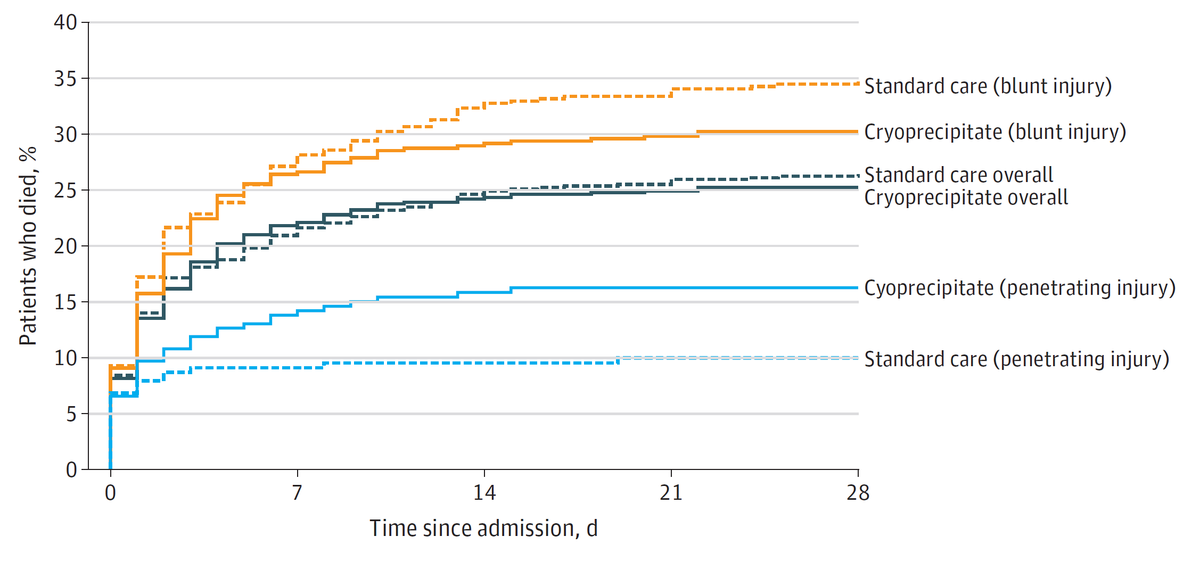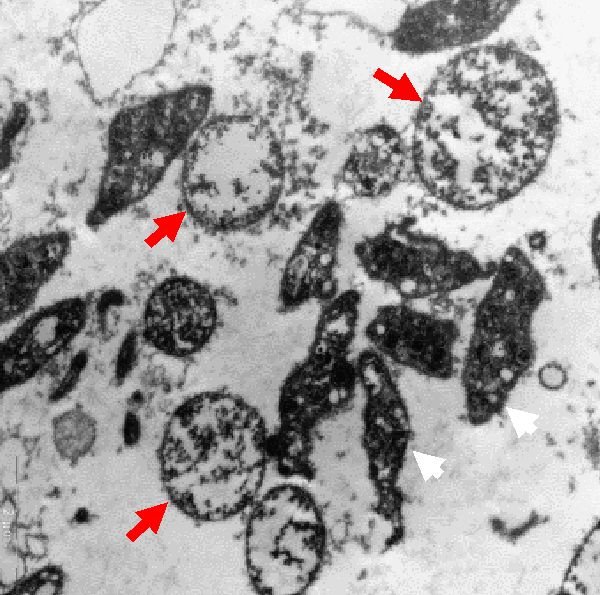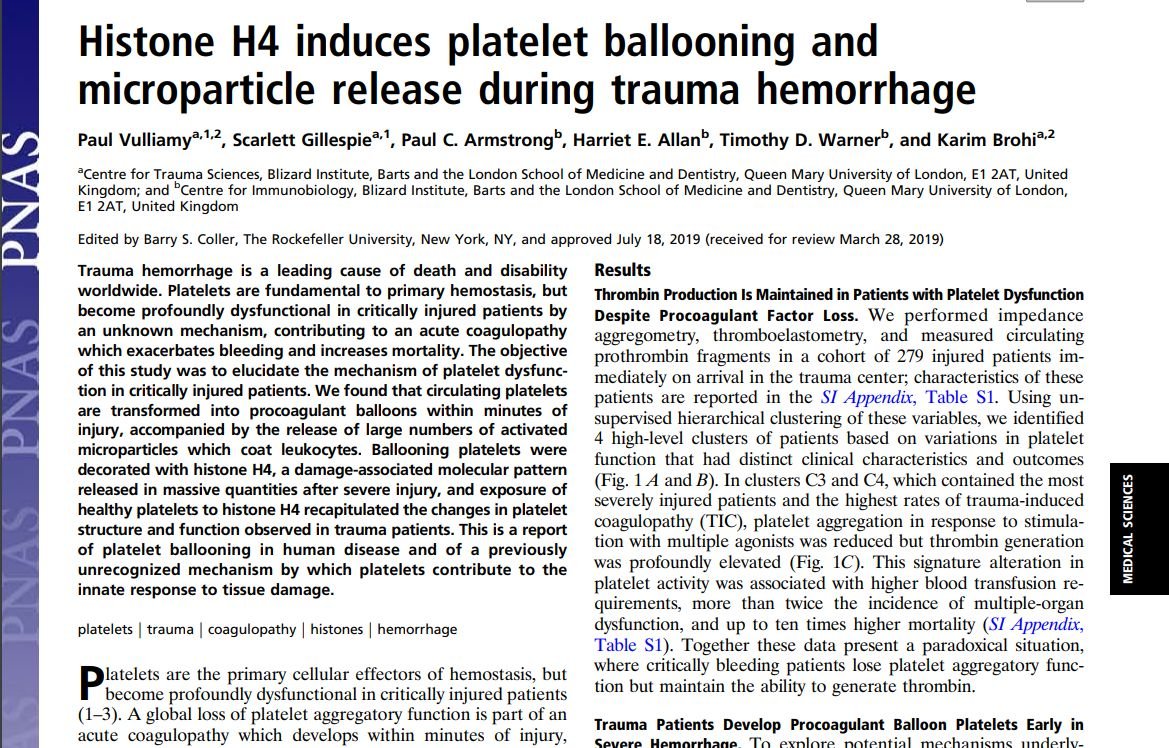
How to get URL link on X (Twitter) App


 We know you can't make a blood clot without fibrinogen. And we know that fibrinogen levels fall to critical levels in TIC. And if they do, patients tend to die.
We know you can't make a blood clot without fibrinogen. And we know that fibrinogen levels fall to critical levels in TIC. And if they do, patients tend to die.
https://twitter.com/ShameenJaunoo/status/1353468676234686471First, as with everything in life, BEing something is pretty irrelevant. It's what you DO that's important.

https://twitter.com/yourICM/status/1322453119821819904I don't think there will ever be another ITACTIC or similar trial. The logistics and complexities were huge. So much like the results of PROPPR, for now we need to take what we can from the ITACTIC results. (2/13)

 Good to have this fantastic work finally in print in @PNASNews after several years of hard graft by @CommsC4TS, especially @Miss_GPie and @Paulvulliamy.
Good to have this fantastic work finally in print in @PNASNews after several years of hard graft by @CommsC4TS, especially @Miss_GPie and @Paulvulliamy. 
https://twitter.com/karimbrohi/status/1083036811717500929...OK, some background points first: